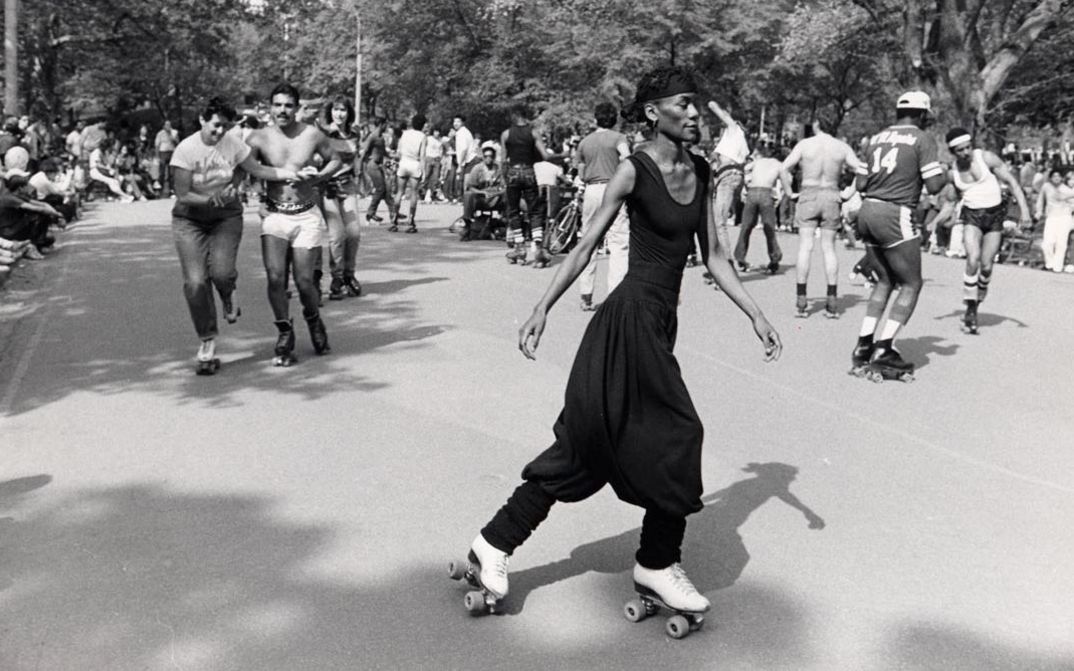Frederick Wiseman Retrospective

Frederick Wiseman (*1930) is one of the most important and influential filmmakers of the past six decades. Since 1967, he has made 45 films dedicated to different – mostly US – institutions, districts, and small towns. This extensive chronicle, a “natural history of the way we live” (David Eames) does not focus on individual biographies or famous people. The films center on the interaction between individuals and their respective society, as it is manifested in the form of institutional frameworks. Institutions are shown as microcosms – or in the words of Wiseman: as “cultural spoors” – in which larger segments of (US) society can be detected.
The questions around which Wiseman's documentaries revolve address many aspects of life: How are people formed by their contact with official institutions, how does authority arise, how is it exercised? How do we behave towards the police, how do we interact with doctors or teachers? How does living together in a neighborhood work?
Frederick Wiseman started out his career working as a lawyer in Paris and later taught at Boston University. In 1963, he produced Shirley Clarke's New American Cinema classic The Cool World; his first film TITICUT FOLLIES followed in 1967. In it, he relentlessly documented the shocking conditions, under which criminals with psychiatric disorders were forced to live at the Massachusetts Correctional Institution at Bridgewater State Hospital. Subsequently, new films were made almost every year, works that cover a broad spectrum: Schools (HIGH SCHOOL, HIGH SCHOOL II and DEAF), welfare (WELFARE), a hospital’s intensive care unit (NEAR DEATH), a Benedictine monastery (ESSENE), ballet, (BALLET), a US air force unit training to man and launch nuclear missiles (MISSILE), as well as different places and city districts (ASPEN, BELFAST, MAINE and IN JACKSON HEIGHTS).
The principles formulated for TITICUT FOLLIES are still valid today: no filmed interviews, no explanatory commentary, no additional music, and a montage that does not structure what is shown on the basis of an otherwise common chronological narration, but orders individual sequences according to rhetorical arguments. The films thus resemble "a mosaic structure" (Bill Nichols), and in their sum they result in a single long film, in which the individual parts are in dialogue with one another, commenting on and complementing one another.
Curated by Hannes Brühwiler, our retrospective features 21 films, including classics such as WELFARE, HIGH SCHOOL and BELFAST, MAINE, as well as works that are screened more rarely, for example, CANAL ZONE or MODEL, but whose importance for the overall oeuvre is crucial. On opening night, there will be a conversation with Frederick Wiseman, in which Jean Perret, the long-time director of the Swiss festival Visions du Réel will also participate.
The retrospective received support from the Hauptstadtkulturfonds.